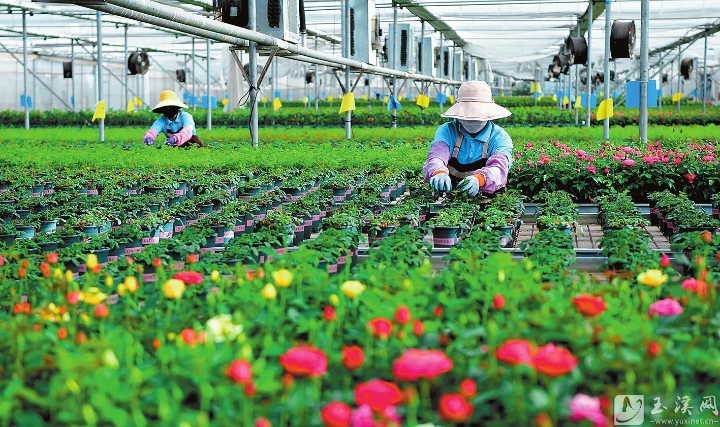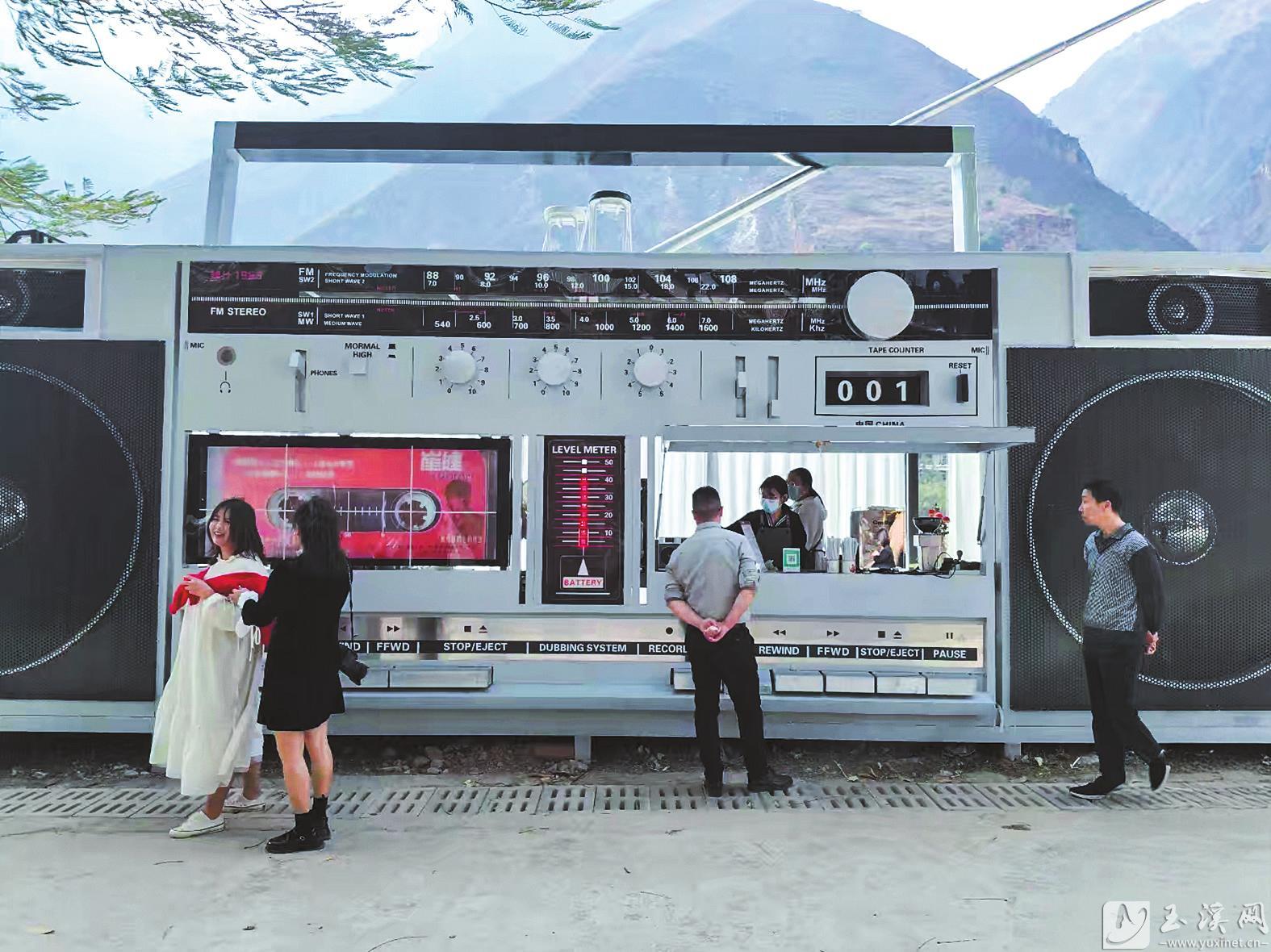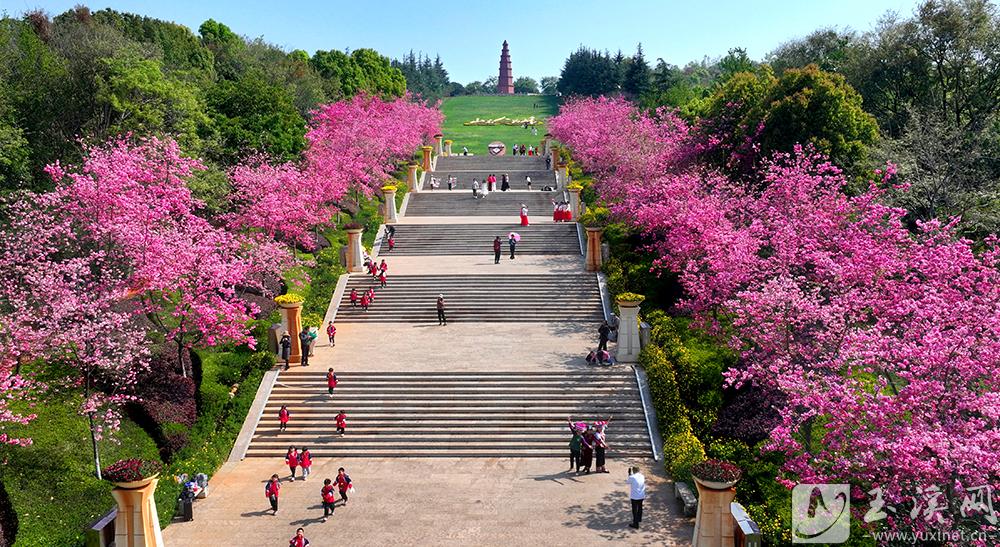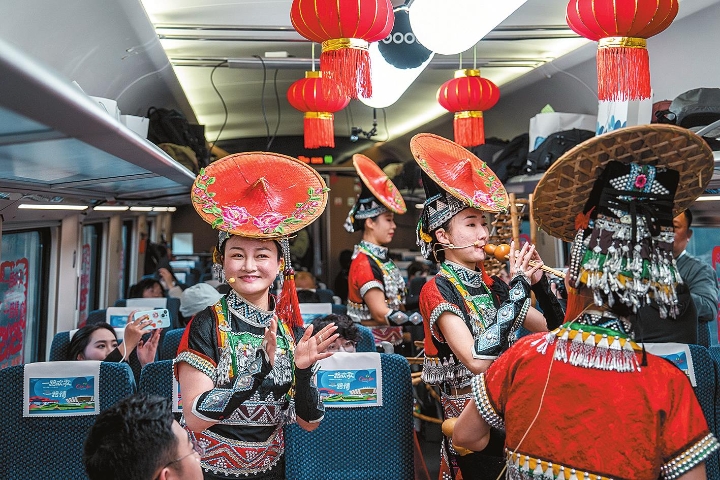 Yuxi Municipal People's Government
Yuxi Municipal People's Government
Ancient Ceramics Kiln Site
The ancient ceramics kiln is located on the eastern part of the Qianguashan Hill in the Hongta Industrial Zone. It was discovered in December 1960. According to research, the kiln started the production in the Yuan Dynasty and got developed by soldiers moved from Jingdezhen, Jiangxi Province, one of the most famous areas for ceramics production.
Plenty of ceramics were unearthed at the site, including green-glazed porcelains, blue and white porcelains, and black-glazed porcelains. The identification of these porcelains shows that the production techniques of them had reached a mature stage. The patterns on the blue and white porcelains unearthed here resemble those in Jingdezhen from the Yuan Dynasty, which suggests the influence of Jingdezhen on the ceramics production in Yuxi. The research also shows that, beside Jingdezhen, Yuxi is the earliest area in China that started producing blue and white porcelains. The production techniques in Yuxi were innovated by skilful craftsmen and the products were endowed with distinctive local characteristics. The blue and white porcelains produced in Jingdezhen were covered with white glaze while those in Yuxi were covered with green glaze. The technique called “green glaze printing with blue and white patterns” on green and blue kettle with fish and aquatic weeds unearthed in Yuxi has never been seen in other ancient kilns in China. The kettle now is preserved in the Palace Museum and its picture is collected in the General History of China.
Porcelains and remained pieces were exhibited in China ancient porcelain exhibition, Fung Ping Shan Museum of Hong Kong University, British Museum, Oxford University Museum, and museums in Japan, which received high compliments and attention from experts at home and abroad.

On July 21st, workers were busy among the lush potted flowers in the intelligent flower planting greenhouse of Yuxi Ziyu Flower Industry Co., Ltd. This company is a leading enterprise in agricultural industrialization engaged in the production and sales of rose seedlings, potted roses, potted succulents and potted phalaenopsis. With a very productive operation mode, this company has built a research and development platform in cooperation with multiple scientific research institutes, and owns 17 national patents. Flowers from Yuxi are sold far to first-tier and second-tier cities across China and have become a well-known brand in Yunnan's flower industry.

Recently, visitors to Yimen have noticed a café in Luzhi Town, which looks exactly like a tape recorder. With 3.5 meters wide, 10 meters long, and weighing 6 tons, it perfectly replicates the iconic dual-cassette tape recorder from the 1980s, and the owner continuously plays pop music from the 1980s, attracting an increasing number of netizens and tourists to explore it. This highly creative café, which has gone viral on social media, has become a popular local landmark for photo check-ins.

Cherry blossoms are in full bloom at Hongtashan Park, attracting visitors with its springtime spectacle. On March 25, many citizens flocked here to admire the flowers, enjoy the scenery, and take photos, creating a beautiful landscape. Every year when the cherry blossoms bloom, Hongtashan Park draws a large number of tourists.

Performers of Yuxi Nie’er Bamboo Orchestra performed on the D87 China-Laos Railway international passenger train in Jan. 14. At 8:08 am, the China-Laos Railway international passenger train No. D87 left Kunming South Railway Station and headed for Vientiane, Laos. Different from the previous train, the joy and vibe of a transnational artistic performance was spreading all over the train, so that audience of all kinds of "screens" can feel the joy of this international train. (Photo by Hu Chao/Xinhua News Agency)
